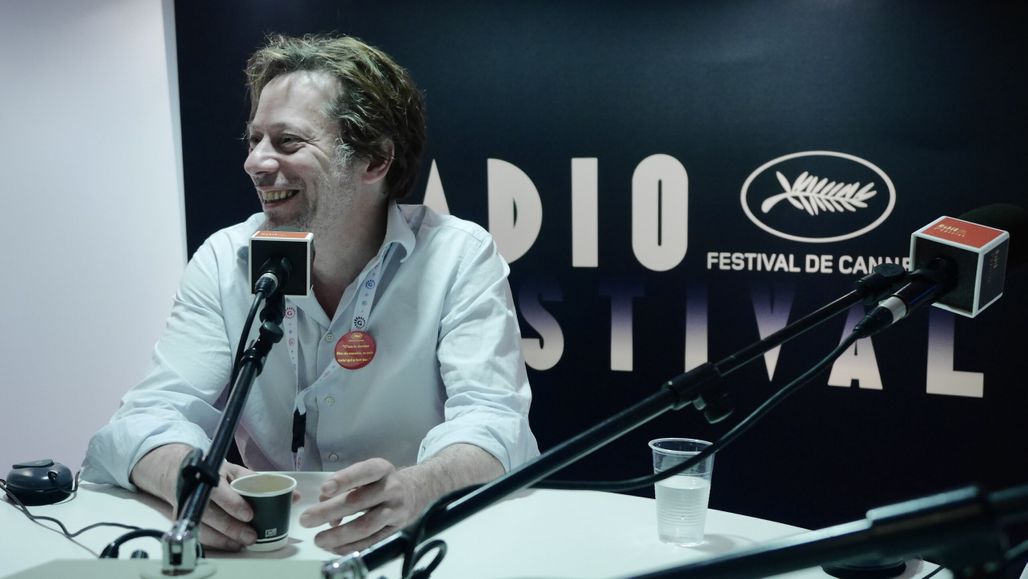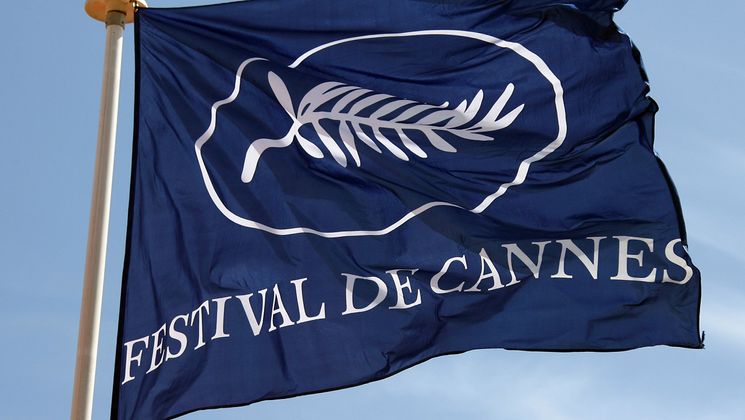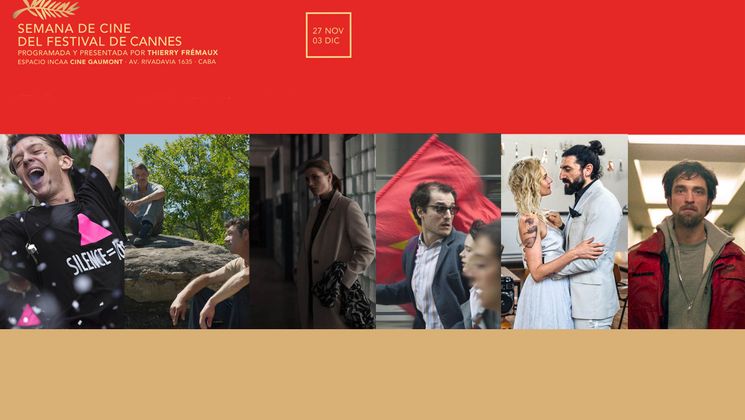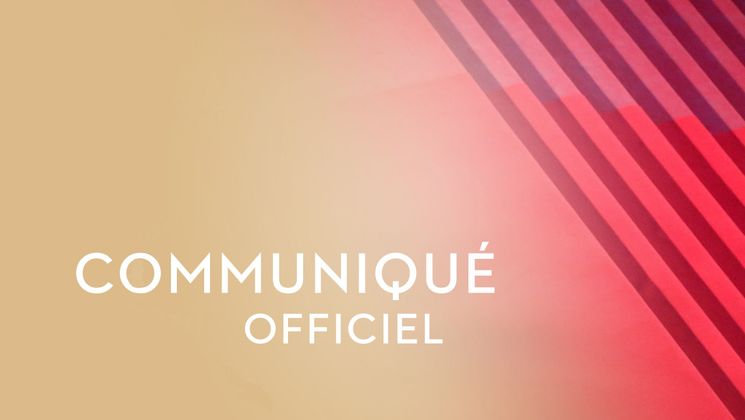
Radio Festival electrifies the waves

In a new departure for this 70th anniversary festival, the Festival de Cannes web radio has settled in to the basement of the Palais des festivals and seized the radio waves. Yves Bongarçon, director of broadcasting, talks us through the challenges surrounding its creation.
What was the thinking behind creating the Festival web radio?
The idea was to complement the event in a somewhat different way from the existing inhouse media, such as the Festival television channel and the website, or from the buzz generated by the traditional mainstream media. The management was very clear that they wanted the Festival to have a voice which was entirely audio-focussed, which strives to turn the spotlight on films which, while they aren't necessarily ignored, get less coverage, because their creators are less high-profile or less glamorous.
What tone of voice did you want the schedule to have?
Starting out, we wanted to set up a forward-looking radio station, touching on questions like digitisation, against a background of important issues like: how does today's cinema see itself, and what will tomorrow's Festival de Cannes be like? We are heading towards a transformation in cinema and that throws up questions about the long-term sustainability of its different economic models. We were agreed that the radio station should be an outlet for untangling facts from fiction on that subject, to separate long-term issues from short-lived ones, by inviting on stakeholders from every topic we touch on.
The station also covers breaking news from the Festival.
Absolutely. We considered this carefully for several months and we were convinced we needed to introduce more coverage of the Festival's daily events to our programming. We do this in the afternoon in particular, which is reserved for films from outside the main selections, to draw attention to these works by less famous filmmakers, who get less exposure. We don't think we can add much value to the Competition and the films which make it what it is. All of that is already very well covered by the traditional media.
Do you have film reviews on your airwaves?
We broadcast a programme every day presented by Florence Leroy, from 1pm to 2pm. She hosts her colleagues from the French and foreign press. But we didn't want the discussions about the films to be harsh, with hurtful, hard-line views. It all takes place in an atmosphere of trust and good will. It's more about explaining things and putting them into perspective. We are also very keen for the radio station to have a section which explores the legacy and history that Cannes represents, both in the context of a French collective consciousness of the facts and of the history of filmmaking, which is very much present at Cannes.
How do you connect with the general public?
In the afternoons, a show called Memento covers the fringes of the Festival, with subjects that could just as easily interest the parking valet at the Hotel Martinez, the pizza seller on the corner, or the head of security.
Your output also focusses on the role of women at Cannes
The Festival has been much criticised for a lack of a female presence, which is not actually true. So we wanted to make a particular point about that in a programme called Le Sourire de Mona Lisa (Mona Lisa's smile). We have invited a young actress, Mélina Zauber, to bring her own touch to some of the great speeches taken from films which have left their mark on Cannes. Some of them are 40 or 50 years old. Mélina brings a new take to twelve speeches spoken by twelve of Cannes' memorable female characters. She brings a new tone to them. It's a creative and poetic gesture by the web radio.


